
What is FMCW LIDAR
FMCW LIDAR, or Frequency Modulated Continuous Wave Light Detection and Ranging, is a type of LIDAR technology that uses frequency modulation to determine the distance to an object. Unlike traditional pulsed LIDAR systems, FMCW LIDAR emits a continuous wave of light with varying frequencies. By measuring the difference in frequency between the emitted and reflected light waves, FMCW LIDAR can accurately calculate the distance to objects in its field of view. This technology is commonly used in autonomous vehicles, robotics, and other applications requiring precise distance measurements. In brief, FMCW LIDAR is a cutting-edge sensing technology that enables accurate distance measurements by utilizing frequency modulation techniques.
The Main Technology in FMCW LIDAR
Frequency Modulated Continuous Wave (FMCW) LiDAR technology is a cutting-edge sensing system that utilizes continuous wave signals with varying frequencies to measure distances and create detailed 3D maps of the surrounding environment. The main technology in FMCW LiDAR involves the use of a modulated laser beam that continuously changes in frequency as it emits light pulses and measures the time it takes for the reflected signals to return. This allows for highly accurate distance measurements and the ability to distinguish objects with precision, making FMCW LiDAR an essential tool for autonomous vehicles, robotics, and other applications requiring advanced spatial awareness. In summary, the key technology in FMCW LiDAR lies in its ability to modulate laser frequencies for precise distance measurements and mapping capabilities.


Applications of FMCW LIDAR
Frequency Modulated Continuous Wave (FMCW) LIDAR technology has a wide range of applications across various industries. One of the key applications is in autonomous vehicles, where FMCW LIDAR sensors are used for real-time mapping and object detection to enable safe navigation. Additionally, FMCW LIDAR is also utilized in industrial automation for precise positioning and monitoring of equipment. In the field of environmental monitoring, FMCW LIDAR can be used for remote sensing applications such as measuring atmospheric pollutants and monitoring vegetation health. Overall, the high accuracy and reliability of FMCW LIDAR make it a valuable tool in enhancing efficiency and safety in a variety of applications.
Benefits of FMCW LIDAR
Frequency Modulated Continuous Wave (FMCW) LiDAR technology offers several key benefits that make it a preferred choice for various applications. One of the main advantages is its ability to provide high-resolution 3D imaging with excellent accuracy, allowing for precise object detection and tracking. FMCW LiDAR also offers superior performance in adverse weather conditions, such as rain or fog, making it a reliable solution for autonomous vehicles and other outdoor applications. Additionally, FMCW LiDAR systems are known for their low power consumption and compact size, making them ideal for integration into a wide range of devices and platforms. Overall, the benefits of FMCW LiDAR include high resolution, accuracy, reliability in adverse conditions, low power consumption, and compact design, making it a versatile and efficient technology for various industries.

LiDAR in Construction Monitoring
Neuvition's Titan series LiDAR sensors offer high-precision 3D scanning capabilities
ideal for construction site monitoring. The Titan M1 series, with its long-range and
high-resolution features, can capture detailed site data for accurate progress tracking
and volumetric measurements.
Neuvition LiDAR Products Overview

Titan S2
Specialized for specific industrial uses.
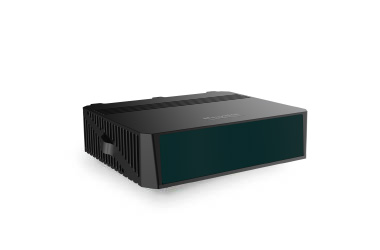
NeuX1
Next-generation LiDAR technology with enhanced capabilities.
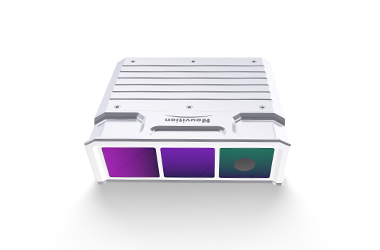
Titan M1 Series
Long-range, high-resolution LiDAR sensors for various applications.

Titan W1
Designed for wide-angle scanning in challenging environments.
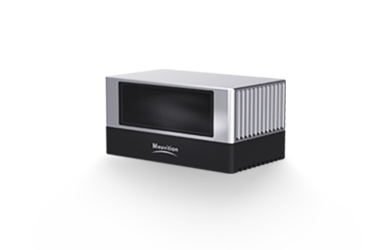
Titan P1
Compact and versatile for mobile and robotics applications.
Neuvition LiDAR Products Overview
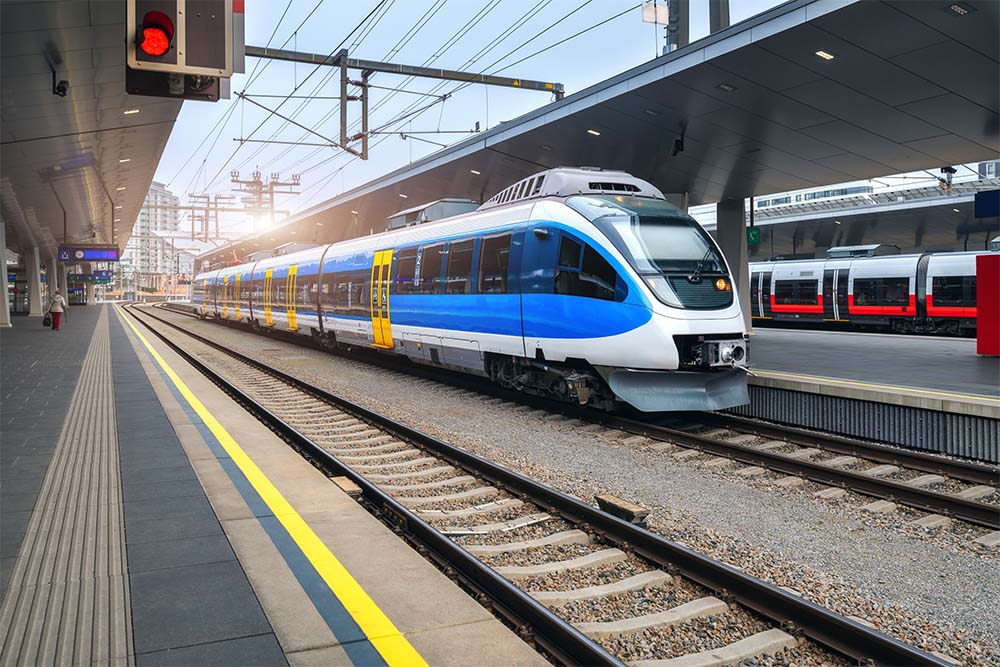
Railway Collision Avoidance
Enhancing safety in rail transportation.
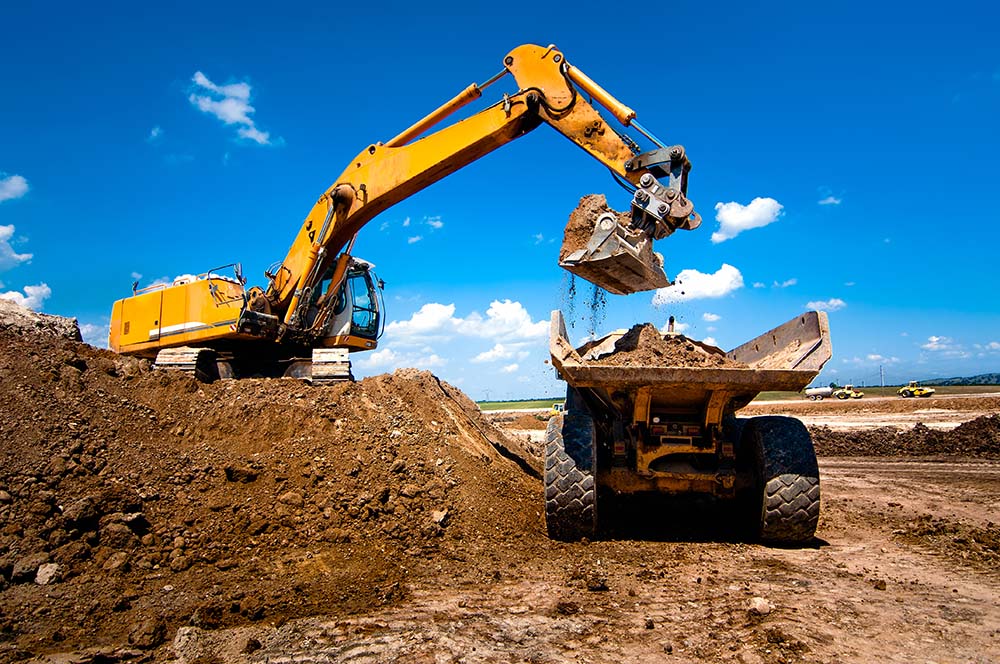
Volume Measurement
Accurate 3D volume calculations for industries like mining and construction.

Smart Highway
Improving road safety and traffic management.

Robotics
Enabling precise navigation and object detection for autonomous robots.

Autonomous Driving
Advanced sensing for self-driving vehicles.
Application Areas of LiDAR
Benefits of Using LiDAR

High accuracy and
precision in 3D mapping

Real-time data
collection and processing

Ability to penetrate vegetation
and capture ground topography

Efficient large-scale
surveying and mapping

Enhanced safety in
autonomous systems

Improved decision-making
with detailed spatial information
Software Solutions for LiDAR
Neuvition provides software solutions to complement its hardware, including point cloud processing and analysis
tools, real-time visualization software, a data integration platform for enterprise applications, and customized
algorithms tailored to specific industry needs.

Success Stories
MetroInnovate Urban Solutions improved traffic flow by 15% after implementing Neuvition's Smart Highway system. Emily Parker, the Director of Smart City Development, played a key role in deploying this system to enhance urban traffic management and reduce congestion.

BuildMaster Construction reduced project timelines by 20% using Neuvition's LiDAR-based site monitoring solution. Michael Thompson, the COO, led the adoption of this technology, focusing on improving efficiency and project management.

DeepCore Mining increased excavation efficiency by 25% with Neuvition's volume measurement solution. Robert Lin, the Head of Operations, was instrumental in integrating this technology to optimize resource extraction and operational productivity.

FAQ












Contact Us
If you have any questions or suggestions, please leave a message, we will get in touch with you within 24 hours!
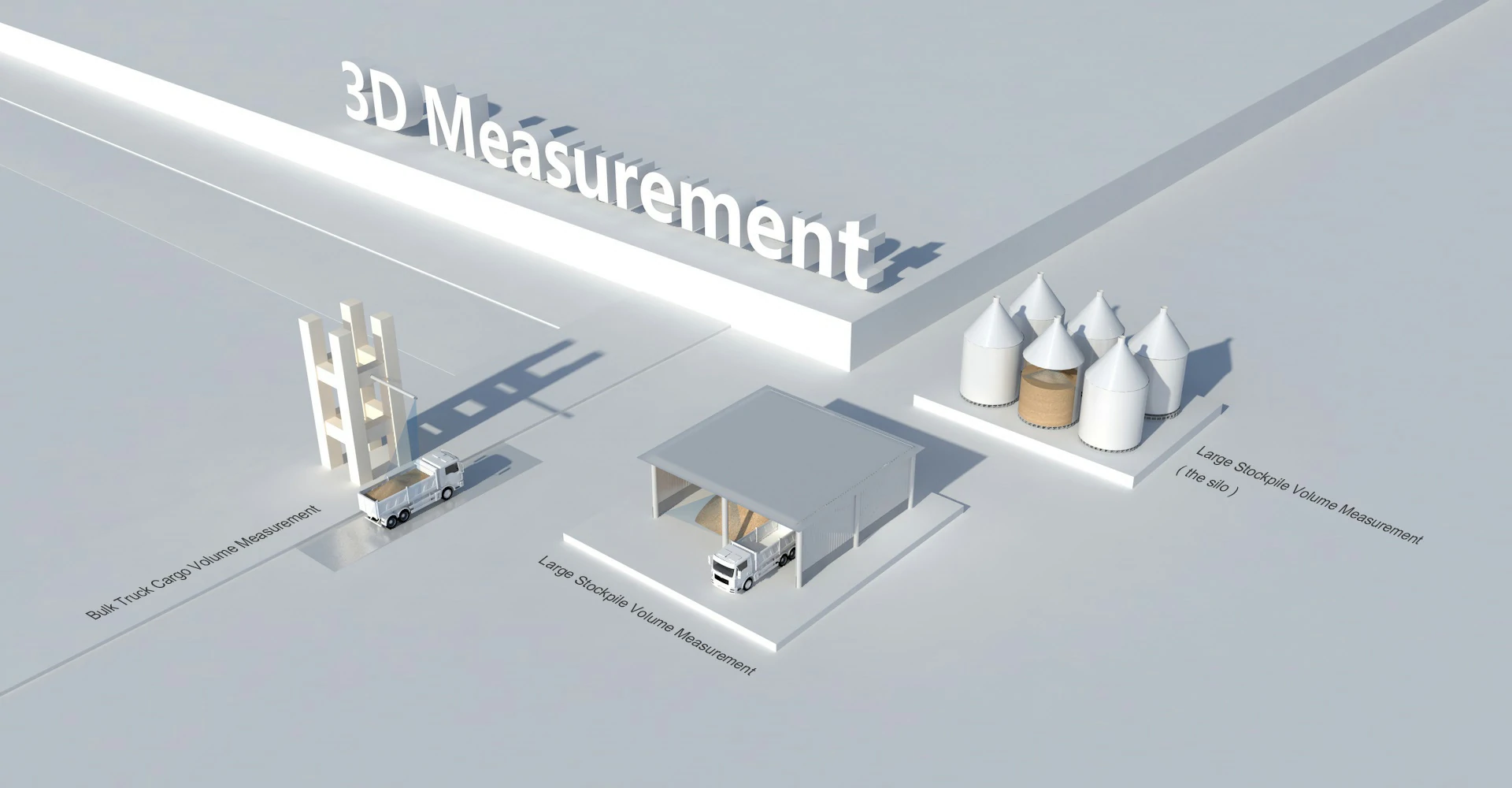

 Arabic
Arabic Chinese (Simplified)
Chinese (Simplified) Chinese (Traditional)
Chinese (Traditional) Dutch
Dutch English
English Filipino
Filipino Finnish
Finnish French
French German
German Hebrew
Hebrew Hindi
Hindi Italian
Italian Japanese
Japanese Korean
Korean Portuguese
Portuguese Russian
Russian Spanish
Spanish Swedish
Swedish Thai
Thai Turkish
Turkish Vietnamese
Vietnamese